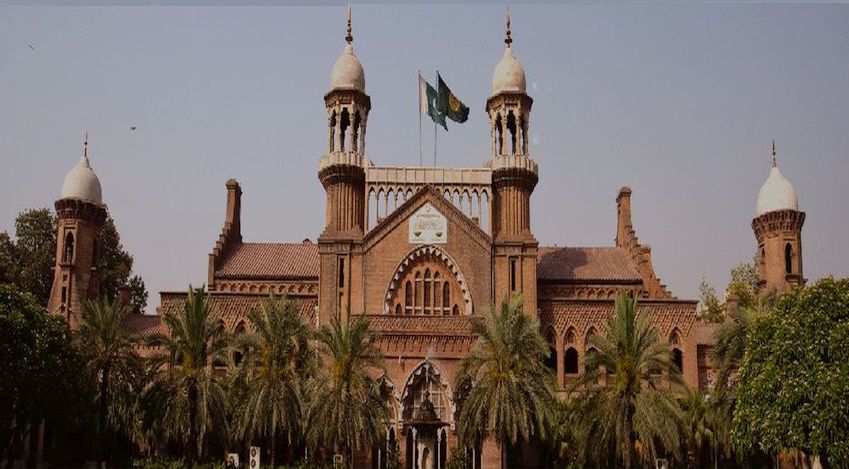Additional Sessions Judge could not take Cognizance of a Private Complaint directly Unless it was forwarded by a Magistrate --- Lahore High Court
Islamabad 29-07-2024: In a recent judgment, the Lahore High Court, Multan Bench, quashed the proceedings of a private complaint filed by Shahnaz Parveen against Muhammad Safdar and others, citing a jurisdictional error. The judgment, delivered by Mr. Justice Tariq Saleem Sheikh, highlighted critical legal principles concerning the jurisdiction of Additional Sessions Judges and the procedural requirements for taking cognizance of offences.
Shahnaz Parveen, the complainant, alleged that her former husband, Muhammad Safdar, along with his associates, trespassed into her house, assaulted her, and forcefully took possession of the property. Despite lodging an FIR, the police declared the accused innocent, prompting Parveen to file a private complaint. The Additional Sessions Judge admitted the complaint and summoned the accused for trial.
The Petitioners, including Umar Hasnain, challenged the order, arguing that the Additional Sessions Judge lacked jurisdiction as the complaint was not forwarded by a Magistrate, thus violating sections 190 and 193 of the Code of Criminal Procedure (Cr.P.C.). They contended that the complaint was baseless and influenced by personal disputes between Parveen and Safdar.
The counsel for Parveen defended the order, asserting that any procedural irregularity was curable under section 537 Cr.P.C. and supported the argument with several case laws.
Mr. Justice Tariq Saleem Sheikh, in his judgment, emphasized that the Additional Sessions Judge could not take cognizance of a private complaint directly unless it was forwarded by a Magistrate. The Court outlined the mandatory nature of sections 190 and 193 Cr.P.C., which require a Magistrate to scrutinize and send cases triable exclusively by the Sessions Court.
The Court referred to various case laws to support its findings and concluded that the direct institution of a private complaint was not a mere procedural irregularity but a fundamental jurisdictional requirement. Consequently, the entire proceedings in the private complaint titled "Shahnaz Parveen v. Muhammad Safdar etc." were quashed. However, the judgment clarified that Parveen could file a fresh complaint following the correct legal procedure.
The Additional Sessions Judge cannot take cognizance of a private complaint directly unless it is forwarded by a Magistrate. Sections 190 and 193 Cr.P.C. are mandatory, and any deviation from the prescribed manner is not curable under Section 537 Cr.P.C. The Magistrate must apply judicial mind to determine whether a case should be sent for trial to the Court of Session. Article 189 of the Constitution of Pakistan mandates that the law declared by the Supreme Court is binding on all Courts in the country.
This judgment underscores the importance of adhering to procedural requirements in criminal proceedings and reiterates the role of Magistrates in the judicial process.
Summary
The Lahore High Court, Multan Bench, quashed proceedings in a private complaint case due to a jurisdictional error, ruling that the Additional Sessions Judge cannot directly take cognizance without a Magistrate's referral.
Powered by Froala Editor








